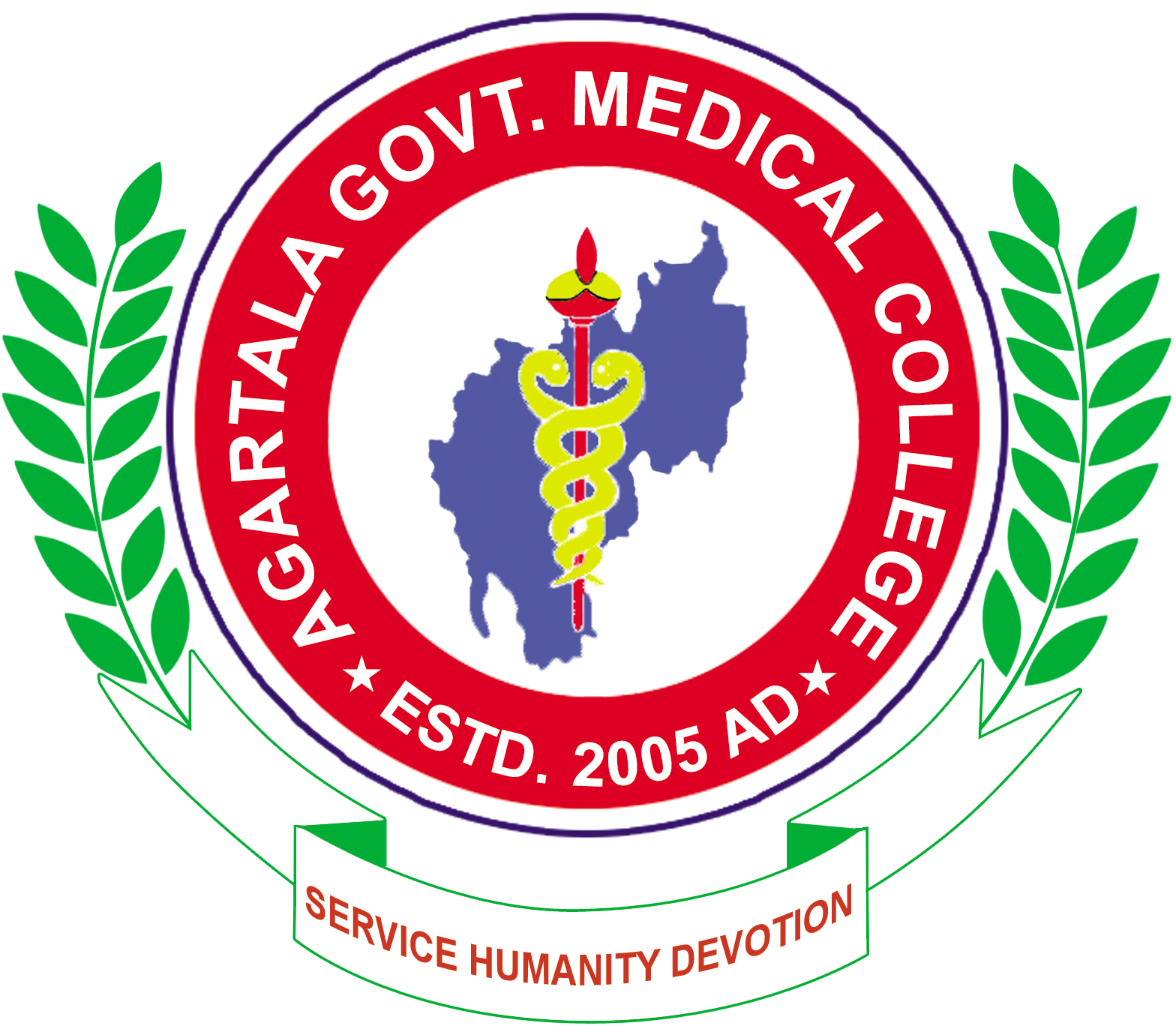DEPARTMENT OF PATHOLOGY
1. Academic Curriculum:
The department teaches pathology to undergraduate (MBBS) students and postgraduate students (MD Pathology), covering the following areas:
- General Pathology: The study of disease mechanisms, including cell injury, inflammation, repair, and neoplasia (tumors).
- Systemic Pathology: Focus on diseases affecting individual organs and systems such as cardiovascular, respiratory, digestive, renal, and nervous systems.
- Hematology: Study of blood disorders, including anemias, leukemias, and clotting disorders.
- Cytopathology: The study of cells, including diagnostic techniques like PAP smears for cancer detection.
- Histopathology: Microscopic study of diseased tissue samples for diagnosis.
2. Laboratories and Diagnostic Services:
The department operates several state-of-the-art labs that are integral to both teaching and diagnostics:
- Histopathology Lab: Deals with tissue sample preparation, staining, and microscopic analysis to diagnose diseases like cancer.
- Cytopathology Lab: Focuses on the study of cells for early detection of cancer and other conditions.
- Hematology Lab: Conducts blood tests like complete blood count (CBC), bone marrow examinations, and tests for blood disorders.
- Clinical Pathology Lab: Provides diagnostic tests related to bodily fluids (urine, semen, etc.) and tissue samples for disease detection.
3. Faculty:
The department is led by experienced pathologists who guide students through theoretical and practical aspects of pathology. Faculty members are often involved in clinical diagnostic work and research, ensuring a well-rounded education for students.
4. Workshops, Seminars, and Conferences:
The department regularly organizes educational events to keep students and faculty updated on recent developments in the field. Some popular topics include:
- Advances in cancer diagnostics and research.
- New techniques in histopathology and molecular pathology.
- Emerging trends in hematological disorders and cytopathology.
5. Facilities and Resources:
The department offers:
- Lecture Theaters: Equipped with audio-visual aids for better learning experiences.
- Histopathology and Cytology Labs: Modern labs with cutting-edge equipment for diagnostic and research purposes.
- Museum: The pathology museum showcases various gross specimens of diseases for educational purposes.
6. Research and Publications:
Faculty and students are actively involved in research and regularly publish their findings. Key areas of research include:
- Cancer pathology, with a focus on early diagnosis and treatment.
- Studies on hematological malignancies like leukemias and lymphomas.
- Molecular pathology, including research on genetic mutations associated with diseases.
7. Student Involvement:
- Practical Training: Students are involved in analyzing real patient samples to develop their diagnostic skills.
- Research Projects: Opportunities for students to participate in research activities under faculty supervision, with a focus on areas like cancer, infectious diseases, and blood disorders.
- Diagnostic Services: Students may observe or assist in real-time diagnostic work, giving them exposure to clinical pathology.
8. Collaborations:
The department collaborates with hospitals, research institutions, and other medical colleges for joint diagnostic work, research initiatives, and educational programs.
9. Future Directions:
The department is looking to:
- Expand research in molecular and genetic pathology.
- Integrate advanced diagnostic technologies like digital pathology and telepathology.
- Offer more specialized training programs for postgraduate students.












